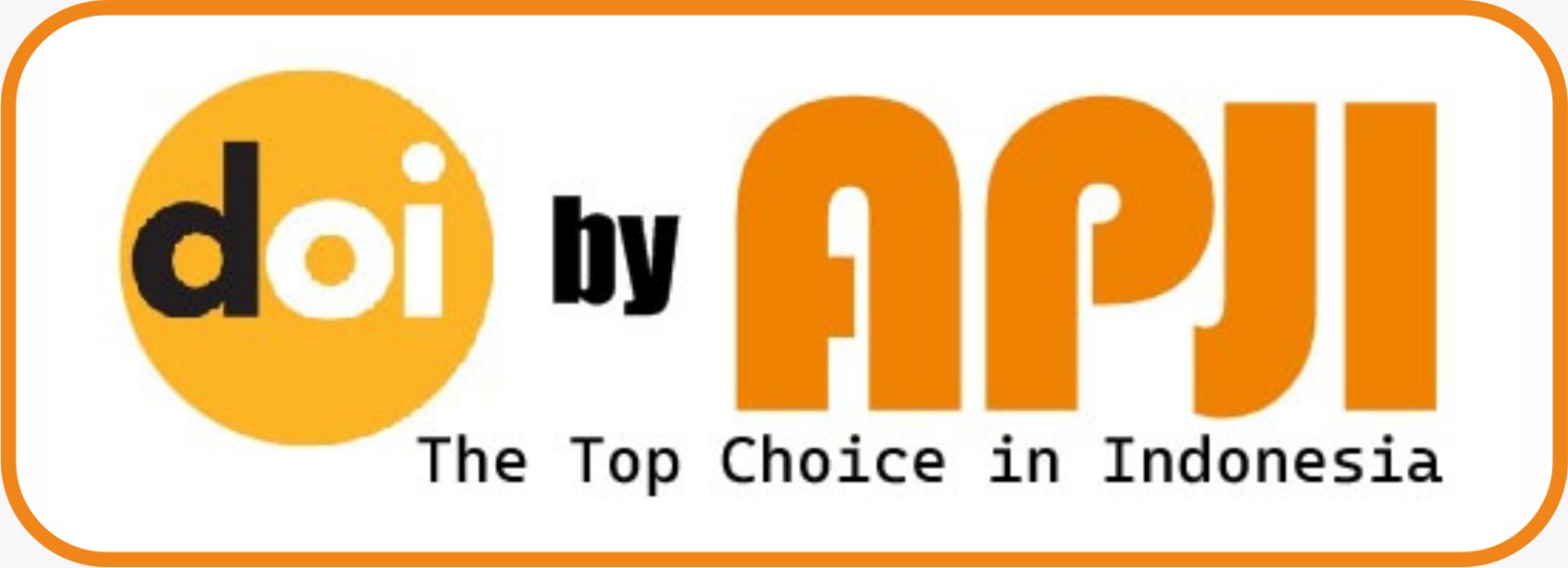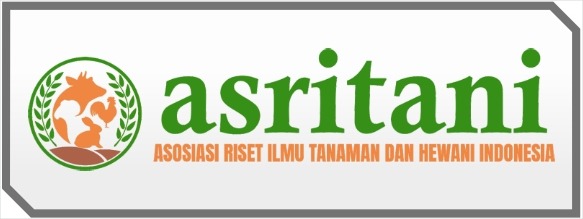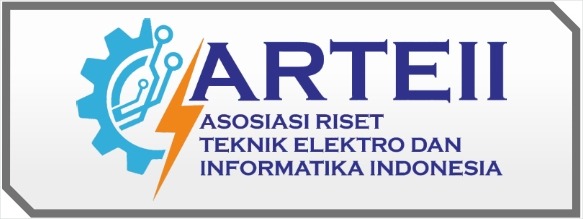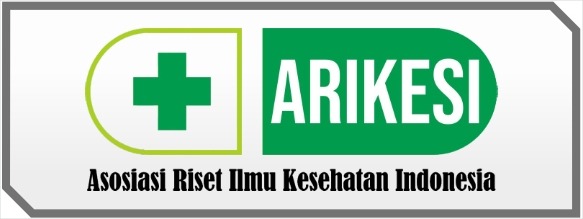Integrating Community Satisfaction Survey and Importance-Performance Analysis for Evaluating Regional Tourism Services: A Case Study in Banyuwangi Regency
DOI:
https://doi.org/10.69930/ajer.v2i2.425Keywords:
Community satisfaction survey, tourism public service, tourism policy evaluation, importance–performance analysis, BanyuwangiAbstract
This study explores the integration of the Community Satisfaction Index (CSI) and Importance–Performance Analysis (IPA) to evaluate public service quality in Banyuwangi's tourism sector. As tourism becomes a regional development priority post-pandemic, understanding citizens' perceptions is essential to ensure responsive governance. Using a quantitative-descriptive approach, the research draws on 2023 data from tourists and tourism actors. Results indicated an overall satisfaction score of 82.94 (“Good”), with highest satisfaction in staff behavior and lowest in complaint handling. IPA mapping identifies critical gaps in services such as accessibility, transportation, and complaint response, highlighting areas for urgent policy action. The integration of IKM and IPA proves effective in prioritizing service improvements and aligning tourism development with citizen needs. Comparative insights with global practices affirm the relevance of participatory, data-driven evaluation frameworks. The study recommends institutionalizing IKM+IPA for sustainable tourism governance.
References
1. Noor M, Firdaus MR, Arbain T. Analysis of community satisfaction index towards CSR of PT Adaro Indonesia. Publik J Public Adm Sci. 2024;9(1):12–22.
2. Liang T, Ng E. Real-time public satisfaction monitoring and its application in smart tourism governance. Gov Inf Q. 2021;38(2):101563.
3. Sukesi S, Yunaidah I. The effect of tax socialization, superior service, and service quality on taxpayers’ satisfaction and compliance. J Econ Bus Account. 2020;22(3):347–59. https://doi.org/10.14414/jebav.v22i3.1698
4. Adiandari AM, Winata H. Internet banking service quality: analysis using the E-Servqual and Importance Performance Analysis methods. Indones Manag Forum [Internet]. 2021 [cited 2025 Jun 19]. Available from: [URL not provided]
5. Achsa A, Verawati DM. Evaluation and strategy of tourism village development with importance-performance analysis (IPA). Ekonomis J Econ Bus. 2024;8(1):1–12.
6. Fitriyanti MA. Evaluation of e-government job seeker card making process using IPA method. Yogyakarta: Islamic University of Indonesia; 2022.
7. Winaya A. Evaluation of science-based SKM in Denpasar City [undergraduate thesis]. Bali: Ganesha University of Education; 2022 [cited 2025 Jun 19]. Available from: Undiksha Repository.
8. Zhang H, Gao M. Importance-performance analysis of tourist satisfaction in eco-tourism settings. Environ Sci Pollut Res. 2021;28:6543–52. https://doi.org/10.1007/s11356-020-10995-7
9. Khumairoh DRZ. Community satisfaction index and IPA in health services [undergraduate thesis]. Jember: University of Jember; 2023 [cited 2025 Jun 19]. Available from: Unej Repository.
10. Herawati A, Listyawati L. Building sustainable culinary business post Covid-19 pandemic: reflection of PPM in Padusan tourism forest. Unitomo for the Country. 2021;1(1):35–49.
11. Lee YK, Back KJ, Chan ESW. Managing tourist satisfaction through IPA: the role of emotional experience. Tour Econ. 2020;26(5):792–812. https://doi.org/10.1177/1354816619878459
12. Muscat B, Laws E. Improving destination image through IPA: visitor feedback from cultural festivals. Event Manag. 2021;25(4):521–36. https://doi.org/10.3727/152599521X16106577916458
13. Chen J, Becken S, Stantic B. Assessing destination satisfaction using social media: an innovative approach with importance-performance analysis. Ann Tour Res. 2022;92:103312. https://doi.org/10.1016/j.annals.2021.103312
14. Cho M, Lee CK. The role of government policies in promoting green tourism practices: evidence from South Korea. J Hosp Tour Manag. 2021;47:25–34.
15. Shafira I. Analysis of user satisfaction of bus rapid transit services with IPA. Serang: Sultan Ageng Tirtayasa University; 2023.
16. Kurniawan F, Sholihah M, Zuhdi U. Does the consumption of energy, renewable energy, natural resources and emissions affect gross domestic product?: the study of Southeast Asia. Int J Energy Econ Policy. 2022;12(1):76–81. https://doi.org/10.32479/ijeep.12781
17. MarMírez M, Zamora M, Sánchez-Franco MJ. The role of user-generated content in tourism decision-making: evidence from Andalusia. Manag Decis. 2023;61(10):2760–82.
18. Ibtekr. Singapore tourism analytics network (STAN): a case of real-time data analytics for tourism policy [Internet]. 2023 Jan 29 [cited 2025 Jun 19]. Available from: https://ibtekr.org/case-study/singapore-tourism-stan
19. Australian National Audit Office. Strengthening Australia’s tourism industry: performance audit report (Report No. 47 of 2016–17). Canberra: Australian National Audit Office; 2017.
Downloads
Published
How to Cite
Issue
Section
License
Copyright (c) 2025 Astariadi Kurniawan , Nur Isra Resyah, Herry Windawaty Windawaty , Muhammad Habibie

This work is licensed under a Creative Commons Attribution-ShareAlike 4.0 International License.























